
OR
Ministries, constitutional bodies ignore parliament's requests for bylaws
Published On: June 14, 2019 06:30 AM NPT By: Ashok Dahal | @ashokpillar
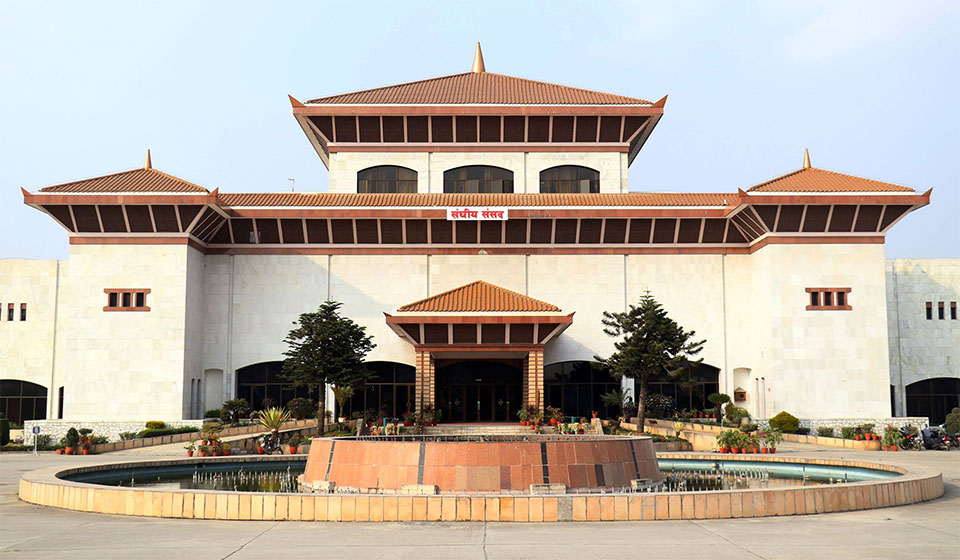
KATHMANDU, June 14: After federal ministries and constitutional bodies appeared reluctant to provide their bylaws, regulations, directives and guidelines to parliament for examination, the Delegated Legislation and Government Assurance Committee of the National Assembly is now planning to disclose the names of these ministries and government bodies in the full House.
The upper house committee is responsible for examining the bylaws, regulations and directives promulgated by government offices and directing them to make corrections if these are at variance with the constitution and existing laws.
The committee decided to examine the bylaws and rules of the 22 federal ministries and eight constitutional bodies in March. “We sought details of the bylaws, regulations, guidelines, directives and whatever rules they have promulgated at the 22 ministries and eight constitutional bodies. But none of them except the Ministry of Defense and Finance Ministry responded to our letter,” said committee Chairperson Ram Narayan Bidari.
According to the committee secretariat, separate letters were sent to each ministry on March 24 and to the constitutional bodies on April 1, requesting them to provide their internal regulations and directives. Only two ministries and not a single constitutional body have responded so far. The Finance Ministry provided incomplete information, said committee officials.
“We have decided to follow up with all the ministries and constitutional bodies. If they don't respond within seven days after receiving our follow up letters we will make public the list of the reluctant ministries and bodies,” said Bidari.
Interestingly, one of the constitutional bodies defying the parliamentary panel's request for information is the National Information Commission (NIC), which was formed for facilitating the flow of information to citizens from the public bodies.
According to Bidari, the Commission for the Investigation of Abuse of Authority (CIAA) and the Supreme Court informed the committee that their bylaws and directives are meant to be secret. “No bylaw, regulation or directive can be secret because these documents are considered law for the offices concerned,” Bidari said.
The parliamentary panel had also sought the internal laws of the Public Service Commission (PSC), Election Commission (EC), National Human Rights Commission (NHRC), National Women Commission, and the Offices of the Auditor General and Attorney General.
Rule 153 of the National Assembly regulations entrusts the committee with carrying out post legislative scrutiny and asking for the amendment or scrapping of any bylaw or directive not in compliance with the constitution and existing laws.
“We can minimize policy corruption through examination of the subordinate laws because the practice of formulating favorable bylaws or guidelines is rampant in our public bodies,” said Bidari.
A subordinate law shouldn't contradict the parent law, impose fines or sentences or create new posts in any public office.
You May Like This

HoR agrees to consider National Sports Development Bill
KATHMANDU, Aug 11: A meeting of the House of Representatives today accepted a proposal tabled seeking the consideration of the "National... Read More...
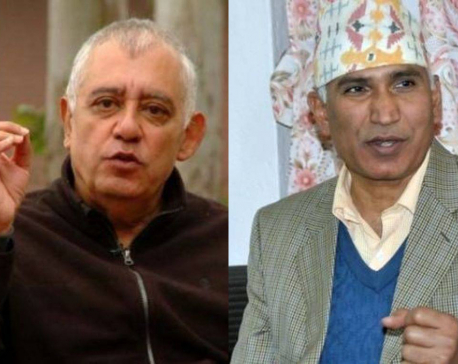
NC's Koirala asks how Baluwatar land landed in NCP leader's name
KATHMANDU, May 7: Key leaders of both the ruling Nepal Communist Party (NCP) and main opposition Nepali Congress (NC) exchanged arguments... Read More...
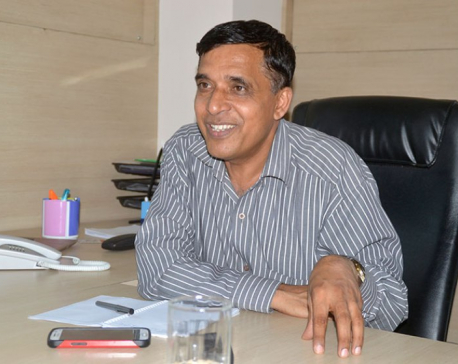
CC recommends names for five constitutional bodies chief
KATHMANDU, Jan 20: The Constitutional Council (CC) has recommended names for the head of five constitutional bodies. ... Read More...




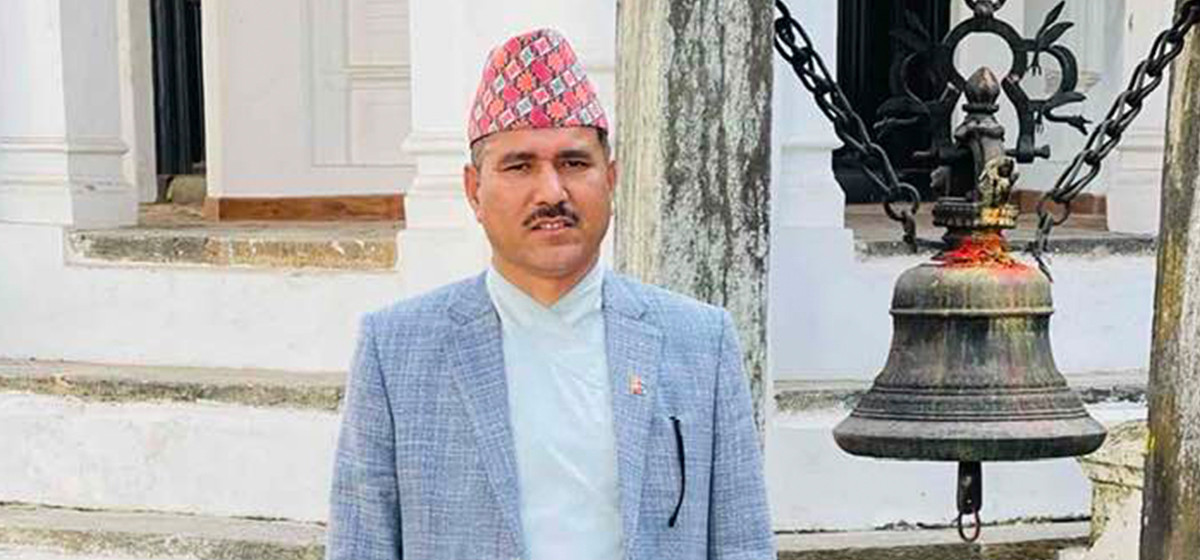
Just In
- 'Trishuli Villa' operationalized with Rs 100 million investment
- Unified Socialist rejoins Lumbini Province govt following ministry allocation
- Police release ANFA Vice President Lama after SC order
- 16 hydroelectric projects being developed in Tamor River
- Cosmic Electrical completes 220 kV transmission line project
- Morang DAO imposes ban on rallies, gatherings and demonstrations
- Gold smuggling case: INTERPOL issues diffusion notice against accused fugitive Jiban Chalaune
- Raya appointed as Auditor General












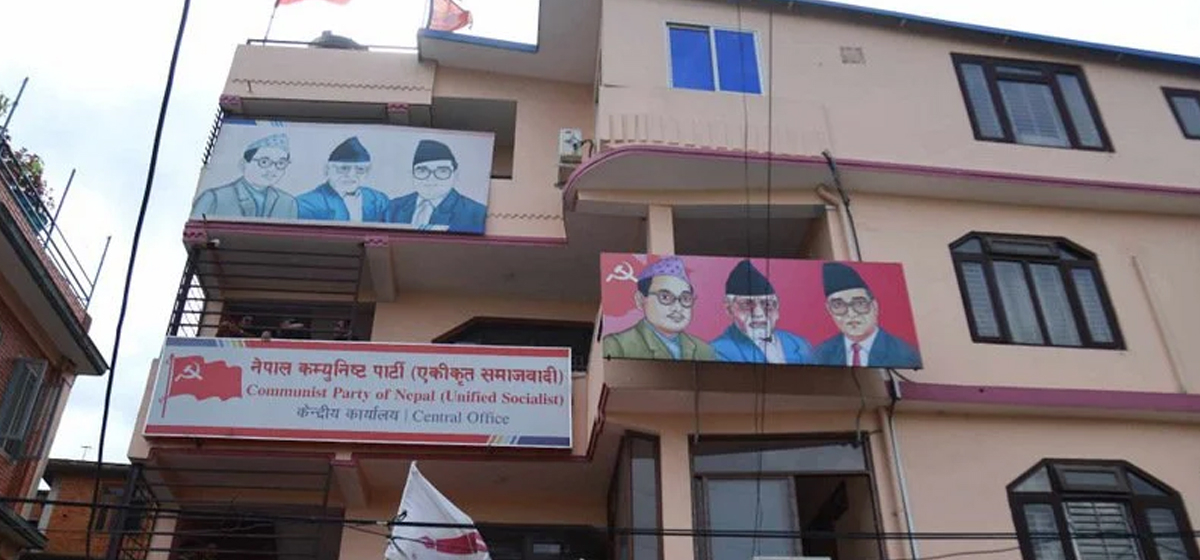

Leave A Comment